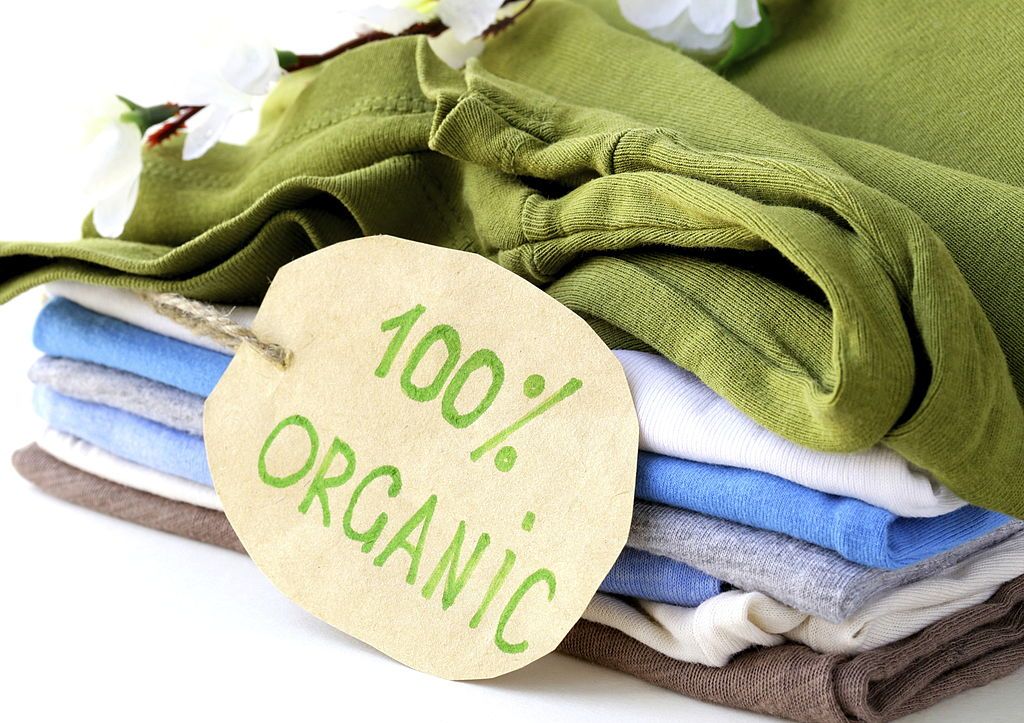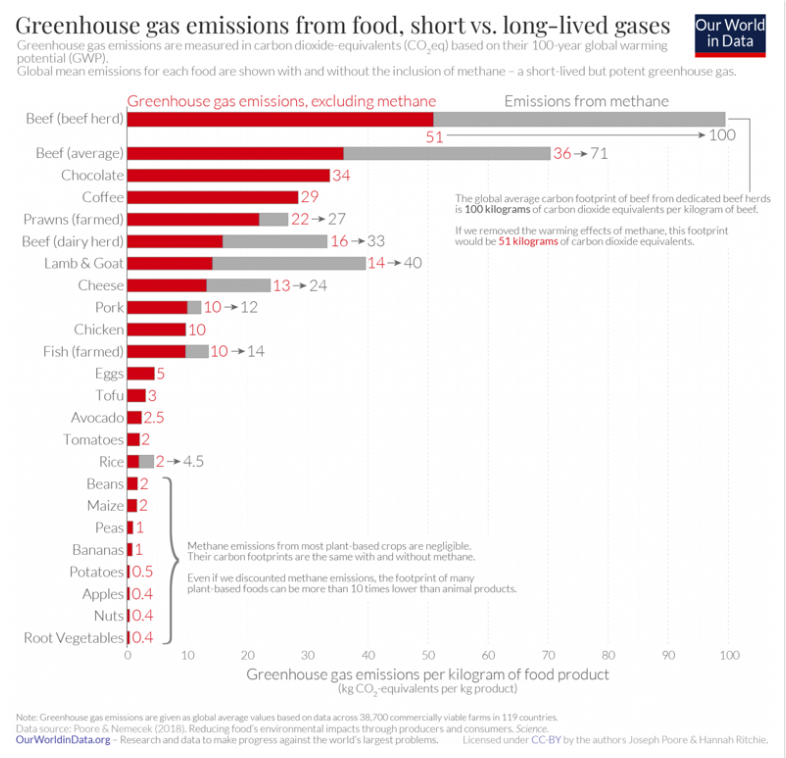There are so many easy, small actions we can take in our day-to-day lives to live more sustainably. Guest blogger Tamara Waserman has shared her top 10 tips with Shoresh!
1. Every year over three million tons of plastic waste is littered in Canada (Canada, 2020). This is why limiting plastic waste is crucial to helping the environment. You can start by reducing your plastic usage by BYOB (bringing your own bag!) whenever you go to the grocery store or to the mall. Next steps could be bringing your own set of cutleries and disposable straws whenever you go out.
2. Instead of driving to a coffee shop across the street, you should consider walking or biking, especially if it is a nice day outside! Not only will you get the benefits of vitamin D, but you can also feel proud of yourself knowing that you are not polluting the environment.

3. Eating sustainably is becoming a more famed topic every day. Red meat contributes to over half of the greenhouse gas emissions emitted by food. By reducing your red meat consumption to once a week you could limit your environmental impact. If you are interested in knowing more about different foods and their environmental impact, there is a picture at the bottom of this post.
4. Buying local foods is another way you can help the environment! Not only does it mean that you are supporting local farmers, but you are also discouraging extensive transportation emissions.

5. Think twice before throwing away that perfectly good dinner. Instead, put it into a container and save it for another night. Whenever you waste food and put it into the green bin, it results in greenhouse gas emissions. To read more about food waste and its environmental impact, check out this link.
6. The clothing industry is responsible for 10% of carbon emissions. It pollutes the air with greenhouse gas emissions through both its manufacturing and disposal process. This is why purchasing eco-friendly clothing is crucial to helping the environment. If you are interested in learning more about clothing and its environmental impact, please click on this link.

7. Did you know that plastic toothbrushes sit in landfills for over 400 years? Not only does it take long to decompose, but in North America over one billion toothbrushes are disposed in a year. The good news is that there is an alternative, which is bamboo toothbrushes, and they are 100% biodegradable! If you would like to know more about the environmental impacts of toothbrushes and ways that you can help, check out this link.
8. Laundry detergents have been proven to be toxic for the environment. The chemicals in them contaminate the water supply which is brought to rivers and oceans, causing harm to marine life. Instead of purchasing detergent with heavy chemicals, look for the ones that are eco-friendly such as TruEarth detergent. For more information on the harmful impacts of laundry detergent please click on this link.

9. Before applying your favourite foundation, there are some things you should know. As soon as you take off your makeup, the chemicals in it are washed down the drain and are brought into our lakes, rivers and oceans. The chemicals in these products harm aquatic ecosystems, and especially coral. So, before you go out to buy your foundation, consider eco-friendly brands such as Kavana Skincare, Axiology and Dab Herb. For more information on the harmful impacts of makeup, check out this link.
10. The last environmentally friendly habit you should get into is critical thinking. Before purchasing any sort of product, you should ask yourself two questions:
- Do I need this?
- What is my environmental impact if I purchase this product?

Sources:
Canada, E. (2020, October 07). Canada one-step closer to ZERO plastic waste by 2030. Retrieved March 01, 2021, from https://www.canada.ca/en/environment-climate-change/news/2020/10/canada-one-step-closer-to-zero-plastic-waste-by-2030.html
Ritchie, H. (2020, March 10). The carbon footprint of foods: Are differences explained by the impacts of methane? Retrieved March 01, 2021, from https://ourworldindata.org/carbon-footprint-food-methane

